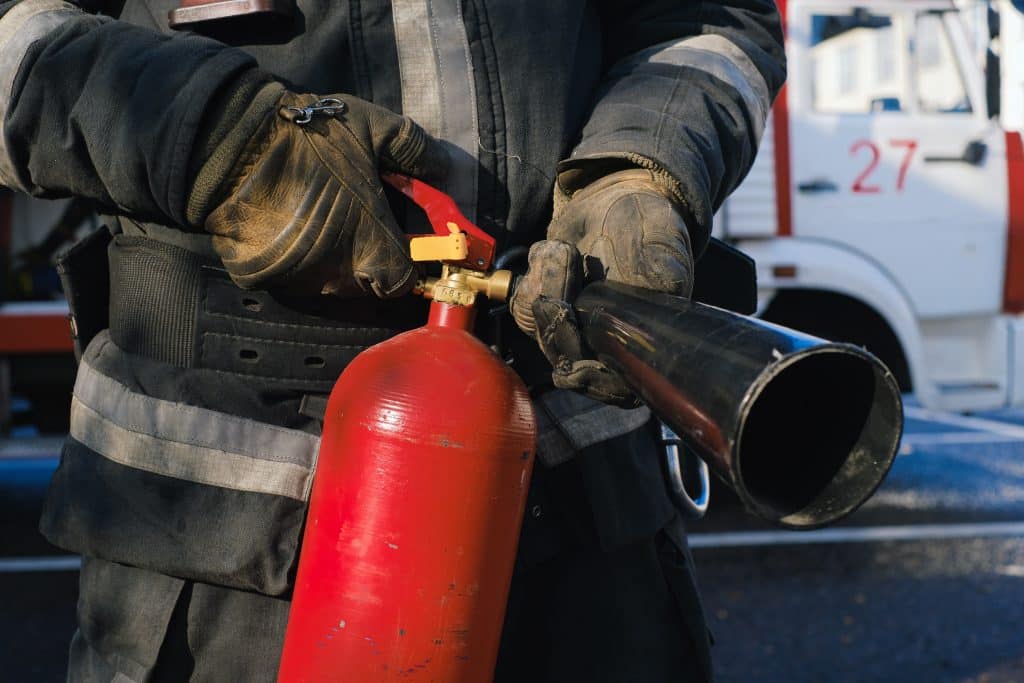When it comes to ensuring fire safety in the workplace, one can never be too prepared. While all employees should be equipped with basic fire safety knowledge and evacuation procedures, there’s a group of individuals who take on added responsibility: Fire Marshals or Fire Wardens. Their training and responsibilities go beyond that of a regular staff member. In this post, we’ll delve deeper into the pivotal role Fire Marshals play during fire drills and actual fire emergencies.
Who are Fire Marshals?
Fire Marshals, often referred to as Fire Wardens, are staff members trained to manage and guide the safe evacuation of people from premises in case of a fire. Their role is crucial in ensuring that emergency situations are handled swiftly and efficiently, minimising the risk of injuries or casualties.
Key Responsibilities of Fire Marshals:
- Helping with Evacuation: They assist in guiding and ensuring all individuals exit the premises safely and quickly.
- Checking the Premises: Post-evacuation, Fire Marshals ensure that everyone has vacated the building. This guarantees no one is left behind in a potentially life-threatening situation.
- Using Firefighting Equipment: When safe, they may employ basic firefighting equipment, like fire extinguishers, to control a fire situation until professional help arrives.
- Liaising with Fire and Rescue Services: Upon the arrival of the fire brigade, Fire Marshals provide crucial information about the premises and the situation, aiding the firefighters in their operation.
- Managing Vital Equipment: Depending on the nature of the workplace, Fire Marshals might need to shut down essential or hazardous machinery to prevent further risks.
- Supervisory Role: They play a managerial role during fire situations, ensuring protocols are followed, and providing a calming influence during potential panic scenarios.
Training Essentials for Fire Marshals:
- Premises Fire Safety Strategy: A comprehensive understanding of the building’s fire safety plan, evacuation routes, and potential risks.
- Human Behaviour Awareness: Insight into how individuals may react during fires, helping them manage panic and guide people more effectively.
- Promoting Correct Evacuation Routes: Knowledge of all exit points and the ability to guide evacuees through the safest and quickest route.
- Safe Search Techniques: Training in how to safely search the premises and recognise areas that pose increased risks.
- Special Evacuation Protocols: Recognising the challenges certain individuals, especially those with disabilities, might face during evacuation and how to assist them.
- Firefighting Equipment Use: Advanced training in using firefighting tools and equipment, ensuring they’re utilised effectively and safely.
- Fixed Firefighting Systems: Understanding of systems like sprinklers or gas flooding systems, and their purpose in fire safety.
- Reporting: A crucial post-drill or post-incident responsibility includes reporting any faults, incidents, or near misses to relevant authorities or management. This aids in refining fire safety strategies.
Conclusion:
Fire drills play an essential role in preparing businesses for potential fire emergencies. The importance of a well-trained Fire Marshal during these drills and actual emergencies cannot be understated. Their knowledge, training, and leadership can make the difference between chaos and an orderly response to fire situations.
For more information on fire safety, reach out to Martyn Young Fireproofing Consultancy on 07585 896648. We’re committed to ensuring your workplace is as safe as it possibly can be.


